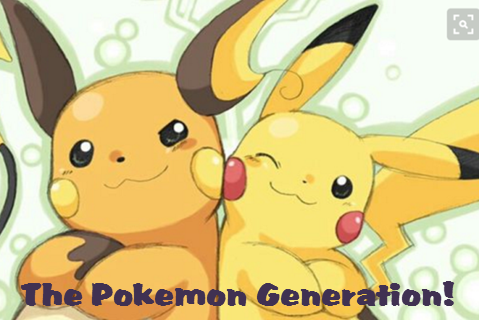Watch Your Negativism! – Going beyond your Psychological Block
9 years ago Minds2Xcel 0
There’s the common perception that we tend to be more negative than positive. This is really not far from the truth. That’s why there’s so much talk about positive psychology to help turn us around.
Why is it so? Anthropological studies suggest that we are born with the trait and nurtured to heighten our senses to things around us that may be threats. We tend to be “on our guard” to ensure we preserve our own being and wellbeing. As natural as it is, it also means that our initial reactions toward unfamiliar people, things or events tend to carry the element of negativity – suspicion, guarded, defiant, cynical, hostile and alert to retaliate.
In anticipating the unknown, it also tempts us to go into the “dark side”, anticipating for the worst outcomes than to envisage potential positive revelations. As such, it disposes us to take a more cautious approach; at times avoidance and eventually inertia. Simply put, because of this tendency, we often self-talk ourselves out of a potential opportunity, and explain our decisions to “opt-out” with some dissonant justifications.
What is negativity syndrome or negativism? It is a behaviour indicating the tendency to resist or avoid an external input, and conjuring up invalidated negative worth of the inputs to a point of rejecting it. A more aggravated symptom is Active negativism, where the behaviour is characterized by intentionally responding to or doing the opposite of what is being asked. We see this in children with a rebellious streak.
Studies have revealed that negativism develops during the earlier years of life, and should diminish with the passage of experience and nurturing. Nonetheless you will still see varying degree of negativity amongst the adults, suggesting that such inherent traits will not go away easily or completely. When negativism does not diminish, it becomes a characteristic of the individual’s personality.
Exhibiting negative tendencies can also be attributed to several other factors. Not exhaustive, these include the individual’s self-identity as a result of his social and cognitive development; emotional and social maturity; and his ego versus self-worth.
Why does negativity syndrome need to be properly managed? As professionals and executives, what can we do to deal with negativity syndrome?
Let’s put a little scientific explanation behind this. This negativity syndrome literally creates an internal dialogue ( I call it our “chatter box”) that tends to give us a thousand excuses to avoid doing something (or seize the opportunity at hand), than to tell ourselves just one good reason that it is the right thing to do. This “chatter box” becomes our greatest impedance to potential successes that may come our way. We end up missing the opportunities. To make matter worse, we develop further dissonance by justifying why we “did not do it”, further feeding the negativity monster within us. This is how we sabotage our own successes – we self-talk ourselves into “not doing it”.
To deal with it, firstly we have to accept that this is one of our traits. We cannot deny that we will at times (hopefully not often) exhibit negative tendencies in our responses to others and events. We need to develop behaviours to overcome and create more positive frame of minds (Mindframe). This means developing develop new and positive “chatter boxes” (The Angel) in our minds to battle the negative voice (The Devil). Simple practical intervention techniques can also help to promote more positive behaviours. This is positive psychology indeed.
Ultimately as professionals and executives, in defining your brand and persona, the portrayal of your negativity will define the perception of how people see you and talk about you. So, do stakeholders around you see you as a “positive” or a “negative” person? This is your Moment of Truth.


